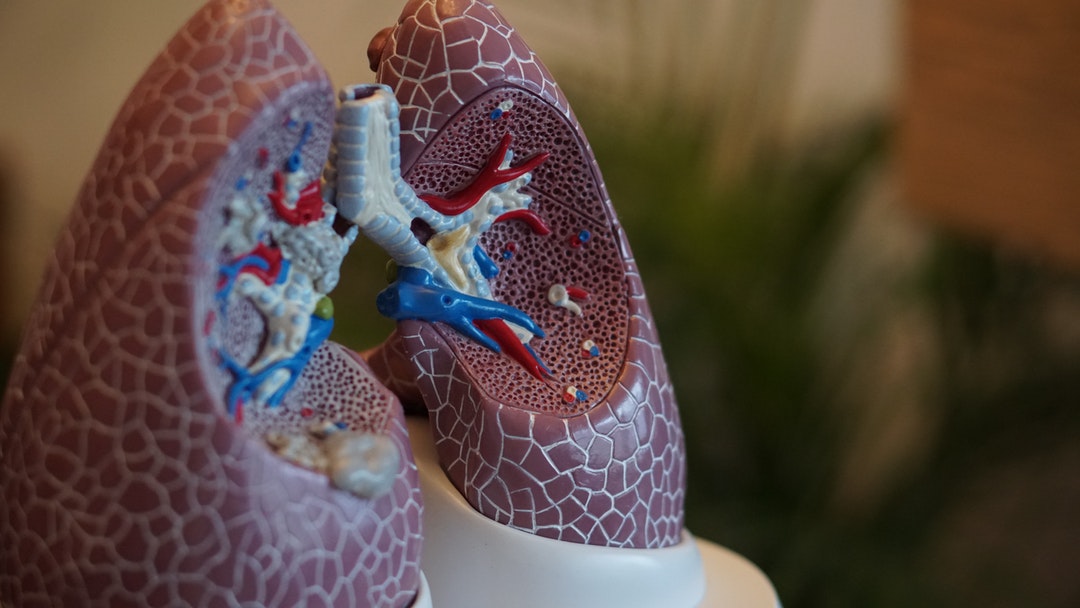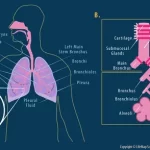Do you find yourself struggling to take a deep breath, or to catch your breath after even mild exertion? It can be an incredibly frightening sensation. It’s even scarier if it happens frequently, or if your shortness of breath seems to be worsening.
Some types of respiratory illness — such as the common cold or pneumonia –cause temporary breathing problems. After a few days or a few weeks, your breathing goes back to normal as you recover. Others, however, are chronic and even fatal .
These include chronic pulmonary obstructive disorder (COPD), emphysema, lung cancer, and mesothelioma. Even if you have been diagnosed with one of these diseases, you can still take steps to increase your lung function and breathe more easily. Read on to learn all about Cocaine withdrawal symptoms.
it!
Table of Contents
1. Know the Symptoms of COPD and Other Lung Diseases
No one ever wants to be diagnosed with a serious respiratory disease. Yet it’s true what they say: knowledge is power. If you receive a diagnosis, you can begin treatment and lifestyle changes that will improve your quality of life.
Make an appointment to see your primary care doctor if you have trouble breathing or experience any of the following symptoms:
- Shortness of breath, especially during daily activities
- Painful breathing
- Frequent dizziness or lightheadedness
- Coughing
- Wheezing
- Difficulty exercising
- Trouble catching your breath or the sensation you can’t take a full breath
Your physician may run tests or may refer you to a specialist.
2. Breathing Exercises
Nearly everyone can benefit from breathing exercises, say the experts at the American Lung Association. That includes people who have respiratory illnesses, those who suffer from generalized anxiety disorder and panic attacks, and even people who are healthy.
These exercises help calm the nervous system and slow the body’s stress responses in the moment. However, they also are beneficial in the long run, since they help strengthen the lungs and increase lung capacity.
Two of the most useful types of breathing exercises are pursed-lip breathing and diaphragmatic breathing, but there are many more to explore.
3. Stay Active
If you have a respiratory illness, you might be tempted to take it easy. Why would you put yourself at risk by doing aerobic exercise when it’s already difficult to breathe?
Well, as counterintuitive as it might seem, aerobic activity is actually good for treating respiratory conditions. Just go at your own pace, and take care not to overdo it.
Whether you are walking, jogging, riding a bike, dancing, or skating, make sure you can still comfortably carry on a conversation. If it gets too hard to talk, ease up on the exercise.
An additional bonus of exercise is that it can help you lose weight and lower your body mass index (BMI), which in turn eases stress and strain on your lungs and airway.
Aim for 20 minutes or more each day of moderate exercise. Depending on your fitness level, this could mean a walk around the block, a session on an elliptical trainer, or a high-energy fitness video.
If you are just starting out, feel free to break this up into 10- or even 5-minute intervals spaced throughout the day. Over time, your stamina will build up and you will find yourself able to work out at higher levels and for longer periods.
4. Home Remedies for Respiratory Illness
Are you the type who leaves no stone unturned? Then you will want to incorporate a couple of home remedies into your respiratory illness treatment protocol.
Incorporate fresh ginger into your diet, either by adding it to your foods or steeping it in hot water to make a refreshing tea. This is especially helpful when you have an upper respiratory infection.
And if you are a black coffee drinker, kudos! There is evidence that caffeine can help open up your airways. Just don’t drink so much that it affects your heart rate.
5. Use a CPAP Machine
If you or your partner snores, you are probably already familiar with CPAP treatment. CPAP stands for “continuous positive airway pressure.”
This type of therapy involves wearing a nosepiece or mask while sleeping. It helps people with sleep apnea to breathe better, and therefore to sleep better, too.
One of the most important aspects of using a CPAP machine is making sure you care for it properly. It needs to be cleaned regularly to avoid making your respiratory issues even worse. Learn more about how to effectively clean your CPAP rig.
6. Laughter Really Is the Best Medicine
OK, maybe laughter isn’t quite the best medicine. But it definitely can help if you have a respiratory illness! That’s because it strengthens the abdominal and chest muscles, and helps improve airway function.
Laughter can also help clear the old, stale air out of your lungs, making room for new, fresh air to enter.
Make it a point to watch your favorite sitcoms on television, seek out funny videos on the internet, or just get together with good friends who always know how to make you laugh.
7. Filter Your Air
You may have discovered that your breathing improves all by itself when you are in an air-conditioned environment. We tend to think of AC as a modern convenience that cools our air, but just as its name implies, it also conditions the air.
If you have a central air conditioning system, contact your HVAC maintenance service and ask about installing a better air filter to help trap pollen, pet dander, mold, and other particulates.
Spend most of your time in one or two rooms of the house? In that case, you may want to consider investing in a HEPA (high-efficiency particulate air) filter. These filters are categorized according to something called a CADR (clean air delivery rate). Certain CADR numbers are recommended for differently sized rooms. That makes it easy to choose the right machine for your space.
Wrapping Up
Particularly as we grow older, it is important to take any and all steps to improve our health. The healthier we are, the less likely we will contract a respiratory illness. Even for those who already have a diagnosis of lung disease, it pays to improve your respiratory health.
How has your breathing been as you have aged? Do you have any tips for fellow respiratory illness sufferers? Start a conversation in the comment box below!








